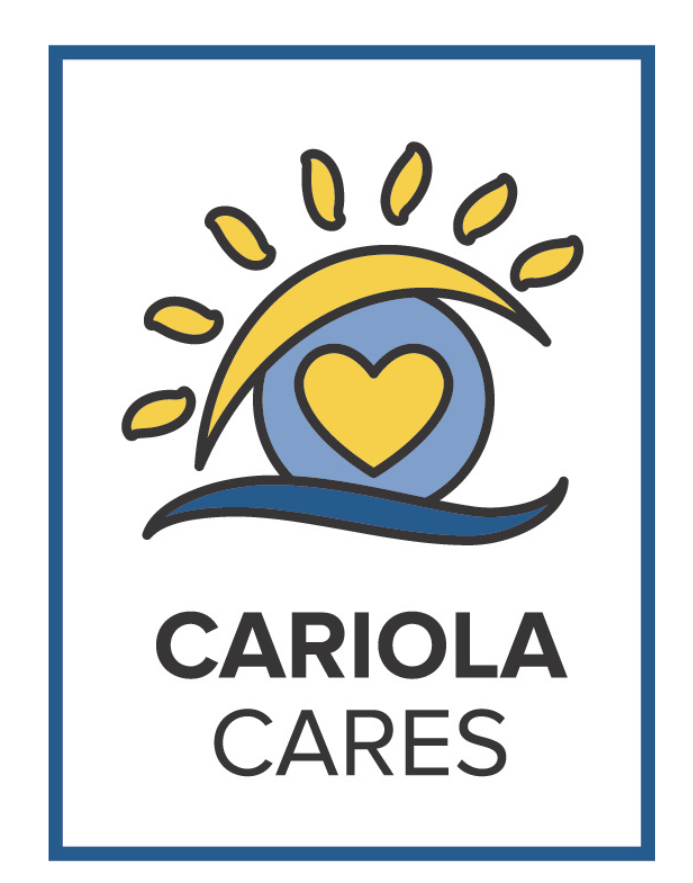Advocacy
Emergency Food Resources for Rochester Residents Facing SNAP Disruptions and general food insecurities.
Due to the ongoing federal government shutdown, SNAP benefits will not be distributed starting November 1, 2025. This leaves thousands of Rochester-area families at risk of food insecurity. If you or someone you know is affected, help is available.
Local Food Pantries & Meal Programs
One of the best sources for information, hours, locations on local food banks assisting the community is https://www.findhelp.org
Additionally-Foodlink's Find Food Map
Visit Foodlink's Food Locator
Call 2-1-1 or text 898-211 for assistance.
State Emergency Aid
Governor Kathy Hochul has declared a statewide food emergency, allocating $106 million to support food banks and pantries across New York. This includes:
Nourish NY: Fresh farm products for pantries
Hunger Prevention & Nutrition Assistance Program: Support for 2,700 emergency food providers
SUNY & Empire State Service Corps: Volunteers assisting food distribution
Additional Support
SNAP Eligibility Help: Contact Foodlink's NOEP team at 585-413-5091 or email SNAP@foodlinkny.org
Monroe County DHS: Apply for Public Assistance or emergency aid at mybenefits.ny.gov
Emergency Shelter & Housing: Visit https://www.findhelp.org/
Scan HERE
Findhelp.org









